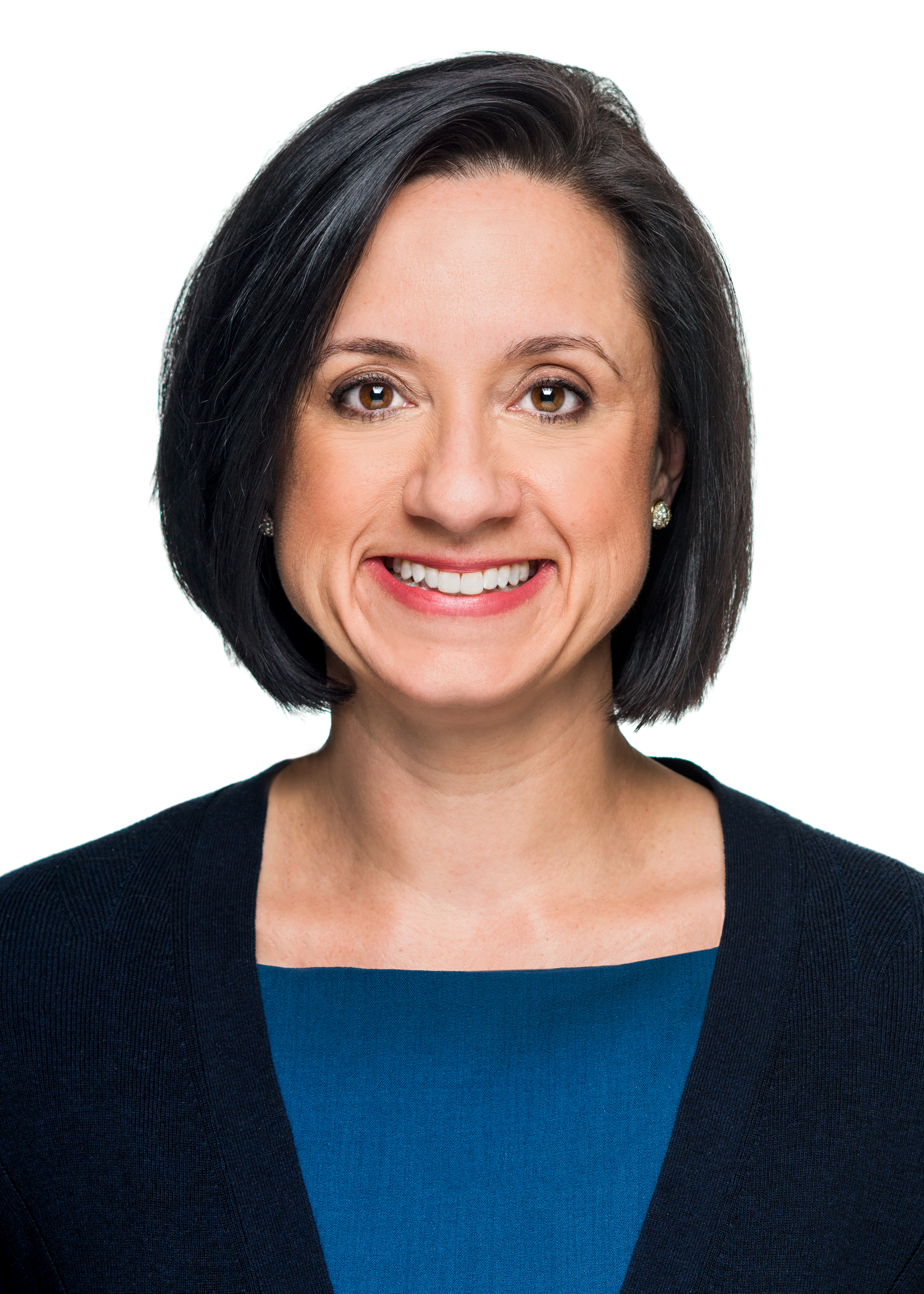The creative process. It’s different for everyone. Writers — the ever-curious — face some interesting and common challenges: starting new projects instead of editing old ones, waiting to write until we’ve chased down every statistic or bit of research, freezing when we haven’t gotten the feedback we were hoping for.
Michael Bungay Stanier knows focusing on what’s in front of us is the remedy to neutralizing all of these distractions and move our work forward. As the author of The Coaching Habit and Do More Great Work, Michael’s an expert in how we can self-coach to be more thoughtful about our productivity.
I interviewed Michael last in 2011, and we talked about how we can all do more great work by cutting out busy work and cultivating three qualities: focus, courage, and resilience. In our follow-up conversation, I was curious to know more about what role focus plays in the life of the writer. Michael had many useful things to say on the subject — as well as pointers on research, support systems, and how to go about finding one’s voice.
Laura Cococcia: Your work incorporates research from fields like neuroscience and behavioral economics. When you’re starting a writing project, what comes first: the idea, and then the research? Is it vice versa? Does it happen simultaneously?
Michael Bungay Stanier: For me, it most often starts with a vague shape, an arc of an idea. It’s as if I can see, dimly, how a necklace might be threaded together.
Then, if I get a title showing up in my head, it becomes real and I often start sketching out a structure.
At this stage, I’m half excited, and half hoping the idea will go away…because writing a book is a long, hard, slightly miserable process.
But if it proves to be persistent, I’ll then write a first draft which often draws upon research and resources I already know, and only then do I look for supplementary research.
LC: What advice do you have for writers about research paralysis (“did I do enough?”, “oh man, there’s so much to look into…”) we can sometimes face when we’re staring down a technical topic, or a topic that’s best served up alongside research? How do you focus your ideas?
MBS: I write business books, and I find most business books I read overly stuffed with unnecessary words and research. My philosophy is, “what’s the least I can write, that’s still useful?”
That means I’m most excited by a big idea that’s clearly expressed. I try and keep that in mind, which I think helps me become more sensitive to when I’ve fallen into research as a form of denial or procrastination.
LC: People don’t often think of humor as a feature of business writing, but your books incorporate it and it really resonates. Was it a conscious decision to include humor as a part of your voice, or did it come naturally? What’s the best way for writers to hone in on their voice?
MBS: First, thank you. I do deliberately try and add a touch of lightness to my books. I find business books, business training, and in fact, business in general takes itself a little too seriously.
Yes, humor’s important. Yes, we can have some fun. But the key thing for me is working (and working and working and working) to find your voice. That may be more or less funny. But if, as a reader, you get a sense of the person behind the paragraph, that’s powerful.
As for finding your voice, it means writing a lot, experimenting, and also finding a sympathetic editor who can give you constructive feedback.
LC: Your most recent book, The Coaching Habit, suggests managers should ask more questions and talk less to be more effective leaders. The seven specific questions you lay out as management tools include “The Awe Question,” “The Focus Question,” and “The Learning Question.” These seem like questions writers can use to coach themselves. As a person who writes and runs a company (among other things) how do you manage yourself to keep the writing momentum up? Do you have recommendations for writers on how best to self-manage in what can be a fairly isolated task?
MBS: Well, it’s to each their own as to what support they need. I personally need a fair amount of accountability. When I wrote my first book, I hired a coach purely to keep me writing and not get distracted with other busy work. I still have a coach, and if I’m writing I’ll ask them to check in.
I also have a mastermind group (we’ve been together for more than 12 years, which is fantastic) and likewise if I’m writing, they’re part of the process. Coaching and review groups are two ways aspiring writers can help themselves get feedback and stay on track.
And now my company Box of Crayons is 20+ people, I have a senior leadership team that are also checking in on me.
As you can see, I’m setting up all sorts of structures to not let me wriggle out of my self-imposed obligation.
I’ve just agreed to write another book, and the deadline for the first draft isn’t far away: less than eight weeks (aaaagh!!!). So that’s naturally proving to be a very focusing thing as well.

